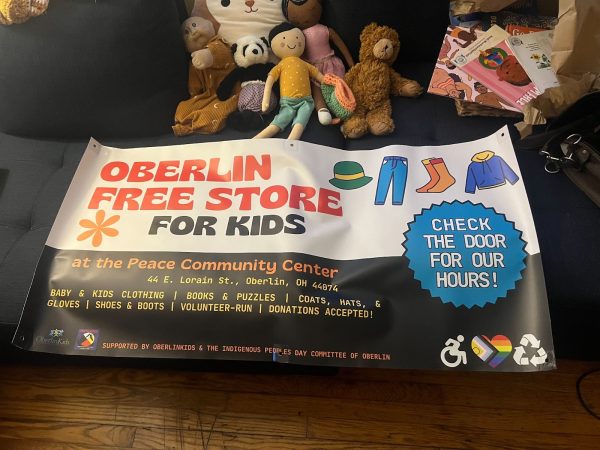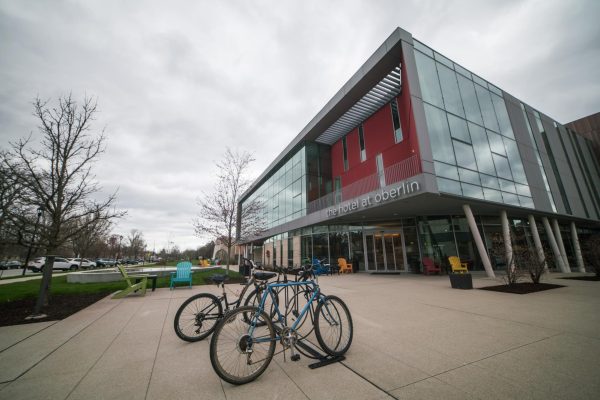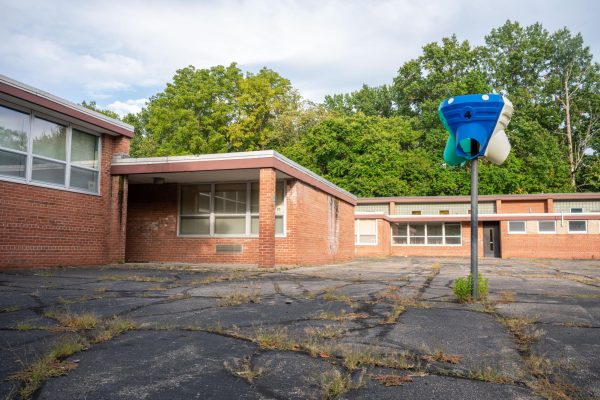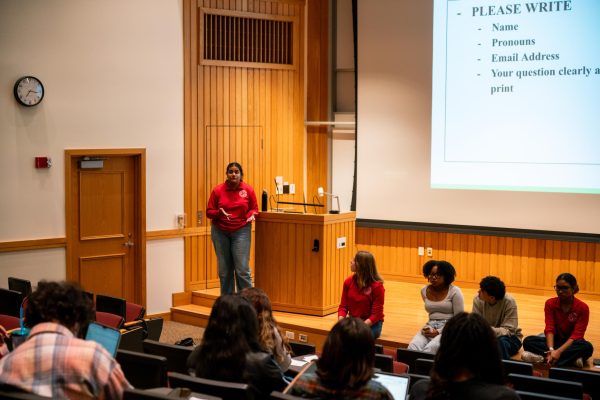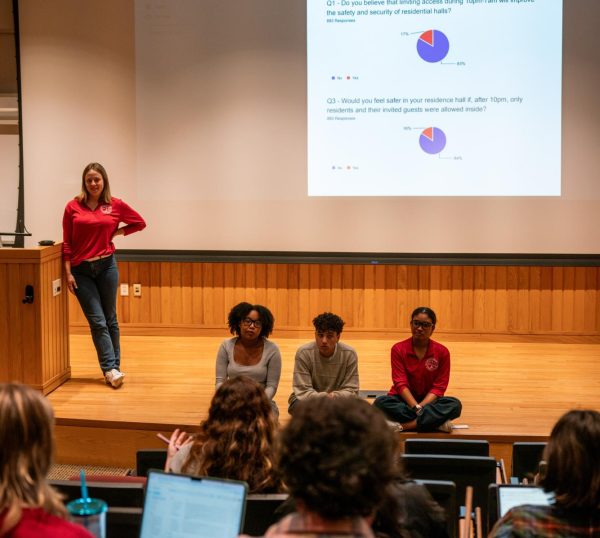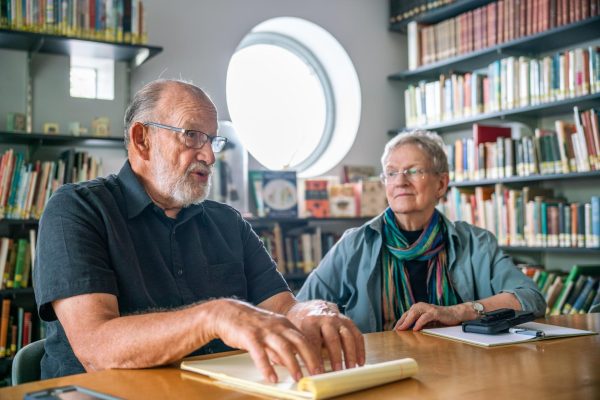New Organization Seeks to Strengthen Food Networks in the Region
After months of work on the part of College students, faculty, and community members, a new organization called the Center for Food Innovation @ Oberlin officially launched last month. The organization, led by Executive Director Bara Watts, seeks to create a more substantial food network within Lorain County and turn Northeast Ohio into the breadbasket of the Midwest.
Watts, who spent the last three years as the director of entrepreneurship and the Center for Innovation and Impact at the College, is heading up the new initiative. She explains that the central goals of the organization will be to convene stakeholders, grow local businesses involved with food, and attract startups and farmers interested in new agriculture techniques such as vertical and 12-month farming.
“There are many people in Oberlin that would love for it to stay a small rural community,” said Janet Haar, Executive Director of the Oberlin Business Partnership and board member of The Center for Food Innovation @ Oberlin. “I think that if we don’t support economic development [which is] true to the resources and the abilities that we have in our county, we just aren’t going to be sustainable. … I don’t think we are the kind of community that would entice Amazon, for instance, to come in. But if we worked really hard on things that would be appropriate for and possibly successful in our community and surrounding area, I think we have a better chance.”
Watts envisions that the center would support not just jobs directly related to farming but also in agricultural technology startups, robotics, and shipping.
“You know, how Southern California… is the major food basket,” Watts said. “And I said, ‘Why can’t [Lorain County] be the Southern California of the East Coast? Why not?’ … We need more control over our food sources. Cleveland is a one-day drive to 60 percent of the United States population. … We could be building these farms here.”
With hopes of connecting food systems across the region and facilitating the growth of this sector, Watts came to Professor of Politics and Ex-Officio: Senior Advisor to the Center for Food Innovation Board Eve Sandberg. Sandberg’s consulting group of College students, the Oberlin Research Group, helped put together the initial research that led to the further development of the center. The students carried out research on agriculture and now work as content managers for the center’s blog.
“Student researchers who participated in the Politics Department’s [ORG] as Analysts produced a fine document that demonstrated where Lorain County stood with regard to vertical, year-round agriculture and where we could go,” Sandberg wrote in an email to the Review. “With the conclusion of the research we realized that Lorain County could truly benefit from pursuing this sector of growth if it was done as a cluster and not through individual efforts.”
The center hopes to address several structural issues facing the region related to food such as the deindustrialization that has led to unemployment and unused buildings across the region.
“The industry that was here before left a bunch of empty buildings, and we’re like, ‘What do we do with those?’” said College third-year and Content Manager Nina Liloia. “They’re just sitting there. It’s not good for the environment. It’s not good for the economy. So basically the idea would be to have vertical hydroponic farming, which uses a lot less water than traditional farming. It doesn’t need any more space because we already have these empty buildings, and individuals can start doing it themselves.”
The center’s launch comes at a critical time for Northeast Ohio. In the last week of November, unemployment in Lorain County was up 58 percent from the week before. Watts envisions that the center can help increase the amount of produce the region produces, which could create over 20,000 jobs in Northeast Ohio.
“More than this pandemic causing the issues, I think it’s just showing the issues,” Liloia said. “There’s already been issues with not enough water to go around, there’s not enough food close to where people need it. [With] hydroponic farming … you can farm 12 months of the year — you don’t need to ship things from overseas to get the food that you need. Or if there’s a food desert where people aren’t able to buy the food that they need, they can grow with themselves.”
The initiative is partially funded by a grant from the Nord Foundation, a prominent philanthropy group in Northeast Ohio. The group has also applied for grants from the USDA and has brought in community partners from Oberlin College, Lorain County Community College, and The Ohio State University.
The Board will meet for the first time next year to lay out goals and develop a five-year plan. In the meantime, Watts expects that the content managers will continue to educate the community about innovative agricultural methods and eventually launch a webinar series.
“Anything that’s worth doing is worth being persistent about,” Haar said. “I don’t think this is going to be easy, but I also think if we get the right people involved and get the funding needed then we won’t look back.”


